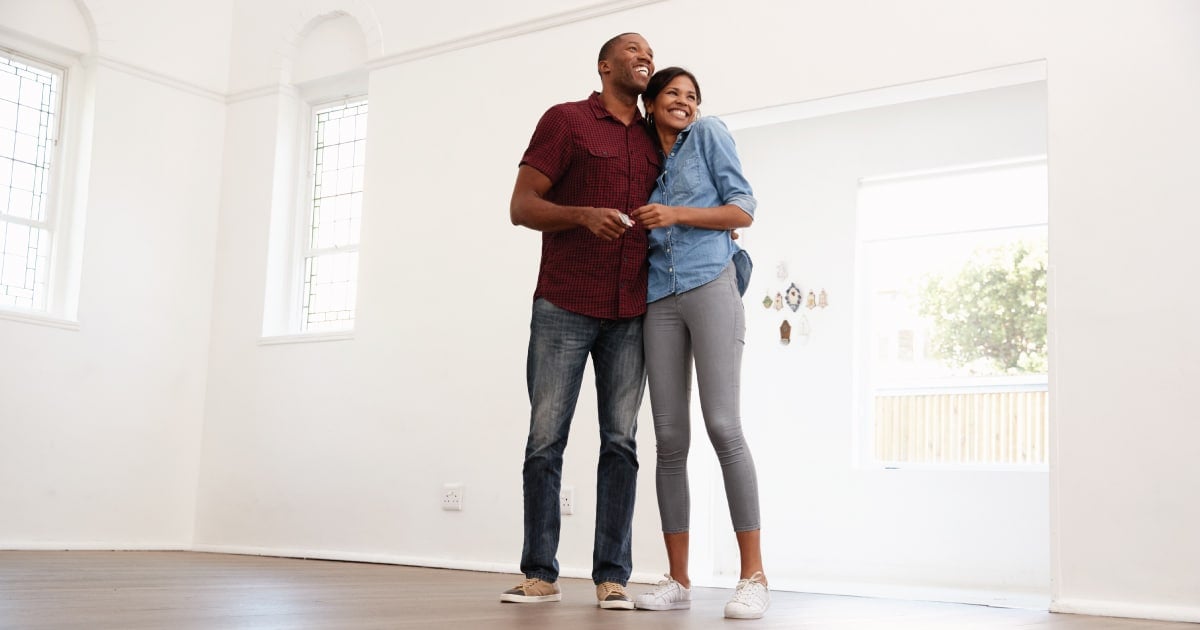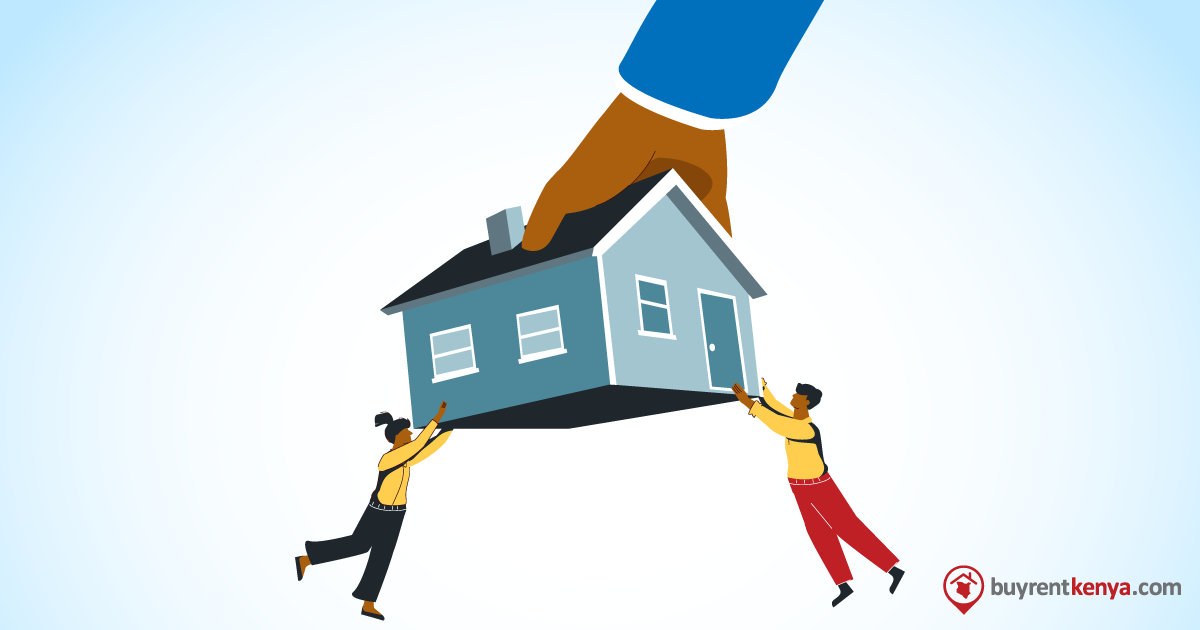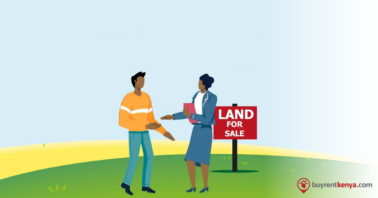No matter what situation you are in, it’s always good to know your rights to avoid getting used or taken advantage of by people. When you have the right information, you feel confident tackling any issue and you will be in a better position to advocate for your interests.
Knowing your basic rights as a tenant will help you get out of any controversial situations that may arise. The topic of tenant rights is an important one for both the tenants and landlords. If the tenant is not happy, that means there is something wrong with the property, and as a landlord, you need to rectify the issue as soon as possible. Your rights as a tenant begin from the time you start looking for a house to the moment you have safely secured your deposit once you decide to move out from that house.
Below are some of the basic rights you should be aware of as a tenant and never compromise on them if you want to lead a happy life. We will break them down into 3 sections: when you are searching when you move in and when you move out of the house.
Table of Contents
Tenant Rights When Searching For A House

Some people don’t know that their rights begin at this stage. During this time, you have an equal right to live in any place that you want without being discriminated against. The tenant harassment comes in many forms. He should not prohibit you from staying in a particular area based on your age, sex, religion, nationality, race, colour, physical and mental stability or even your family status( whether you have children or not). Even though there are places that are gender-specific, knowing your rights will help you to argue this point if you come across a landlord who denies you to move into his property.
During the screening process, the landlord might run a background check on you to see whether you can pay for rent and also check your credit score. It is not legal for landlords to have different conditions for different people because they are trying to discriminate against you. For instance, they shouldn’t make you pay a higher rent because of your religion or the fact that you have children.
Tenant Rights When You Move In

This is one of the important areas where you need to know your rights as a tenant. If you don’t you will find yourself clashing with your landlord when you raise an issue with the property. Make sure you read the fine print in your tenancy agreement before signing it.
Right to Live in a Habitable House
You have the right to be in a place that’s comfortable and liveable. The landlord should make sure that his property is in good condition and make it easier for you to live there. For example, if there is a problem with the wiring, water supply, lighting or electricity, he needs to fix them either before you move in or make sure that it is sorted as soon as possible.
Right to Maintenance

If you come across anything that is broken and needs fixing, it is your right as a tenant to make a maintenance request to have it sorted by the landlord. He should make all the necessary repairs when you make a request from him. Avoid making major repairs on your own because the landlord may not want any changes done on his property. This might reduce your deposit amount when you decide to move out. However, if it is a small repair, you can always do it on your own.
Right to Privacy
Once you move in, the landlord can’t enter your property without your consent. It doesn’t matter what they are trying to do, they need to have your permission before they can access your house. The only exception would be if there is an emergency such as a fire.
Right to Safety
Your safety is of utmost importance no matter where you are staying. The landlord should make sure that the doors, windows and locks work properly to ensure your safety. If you want to add extra locks, you have the right to do so.
Tenant Rights When You Move Out

Right to Get Your Deposit Back
At the end of your lease, you have the right to get back your deposit. The duration your landlord might take to return it will depend on what it states in your tenancy agreement. If the landlord doesn’t return the full amount, you can request a list of how the other portion was spent.
Right to Know Cause of Eviction
If the landlord decides to send you an eviction notice, you have the right to know the reason behind the tenant eviction especially if it is not stated in your lease agreement. If there is a problem, the landlord should inform you of it so that you can try to fix it before serving you notice.
Right To End Your Lease Agreement
If you no longer want to continue residing in your house, you have the right to move out and serve notice. Either party can end the lease depending on what is in the tenancy agreement. If you are not happy with where you stay or the landlord is not listening to your requests, you can always move out. Don’t be afraid to make that change, because after all, you’re the one paying rent.
Lastly, knowing your rights as a tenant will help you solve issues you might experience in your house and make you live comfortably. Tenancy agreements vary, therefore, before you sign on the dotted line, make sure to take some time to read and understand it.



